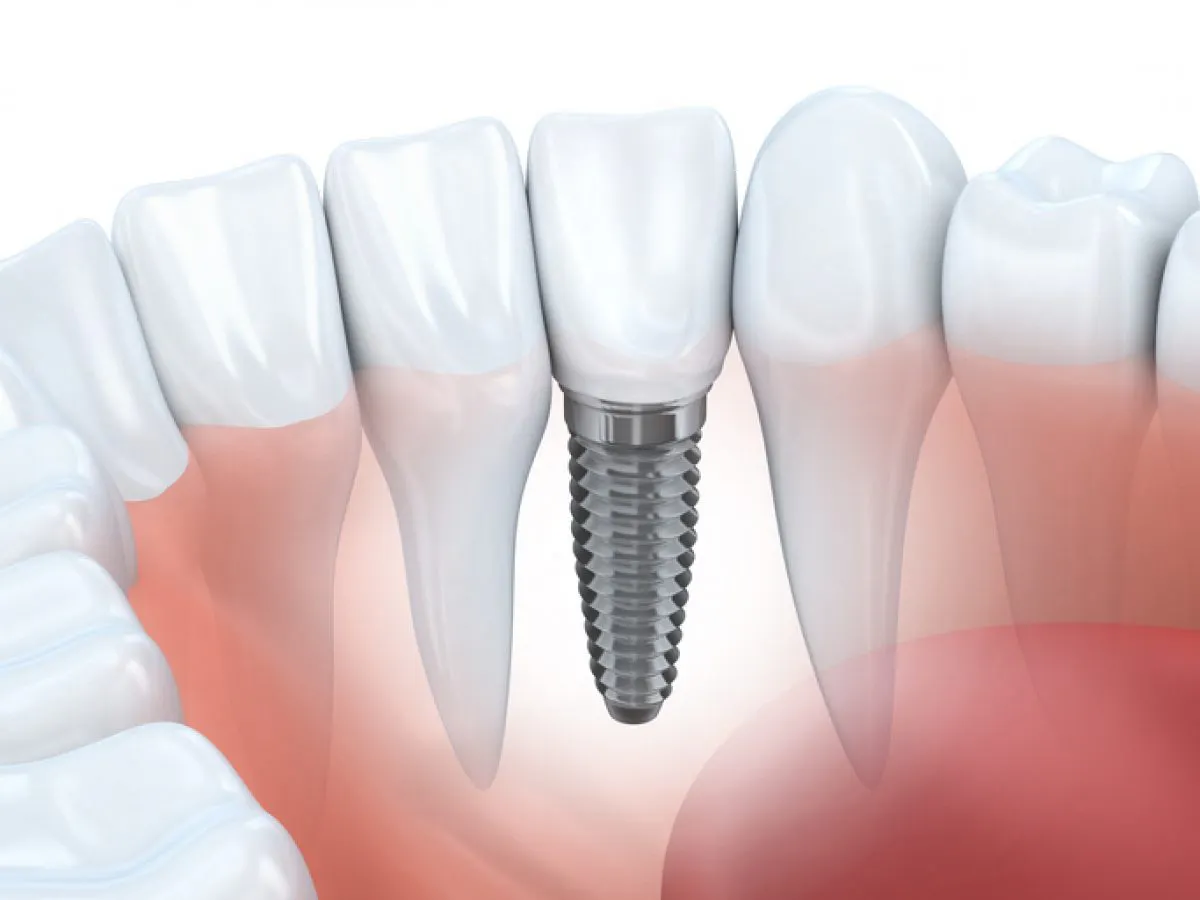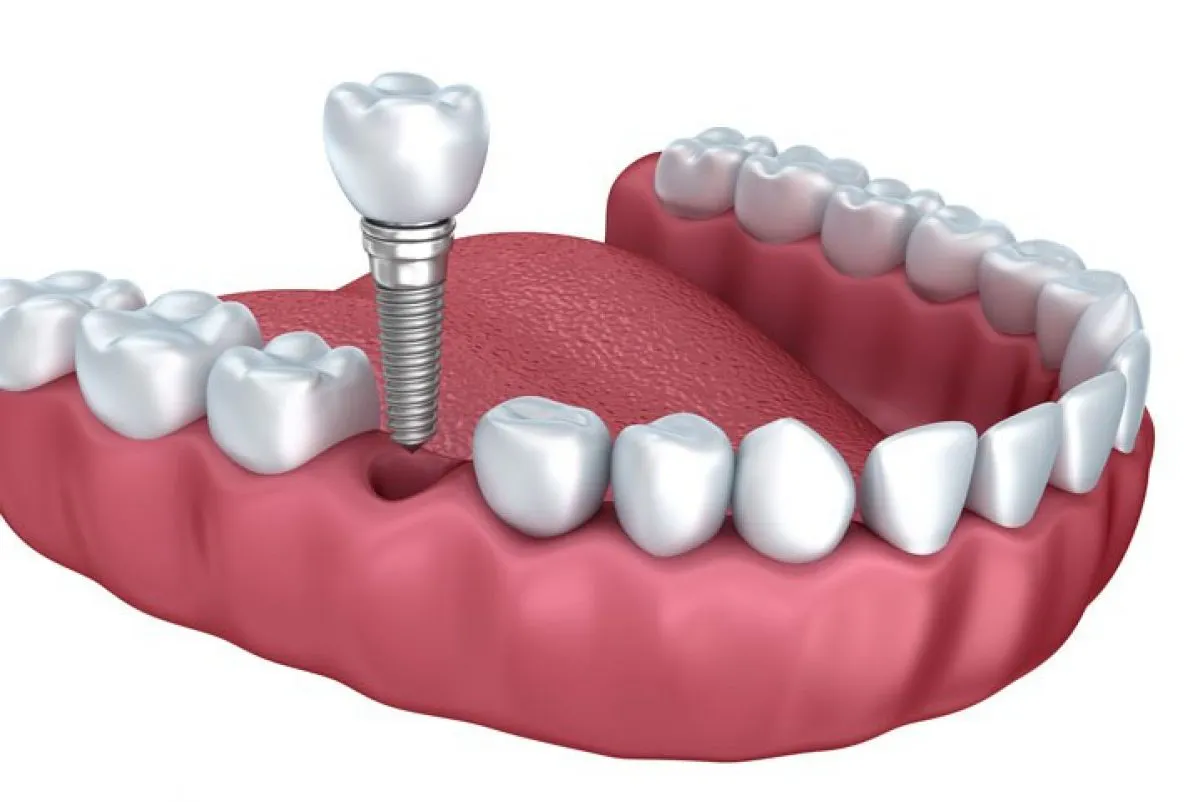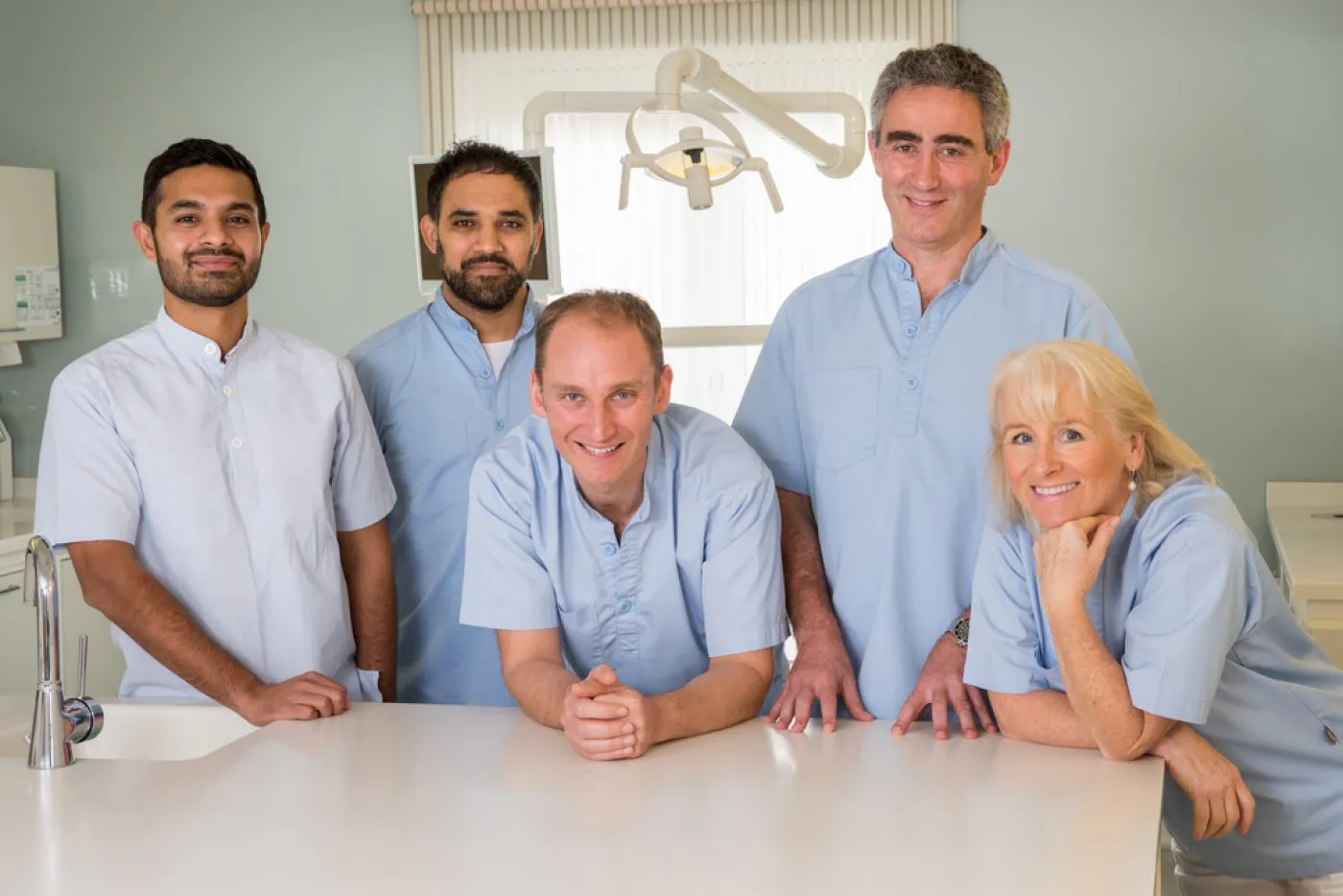Next Steps

We will be able to determine for certain if you are suitable for dental implants but generally if you have good health you will be suitable. We will assess the general condition of your mouth and look at the quantity and quality of bone to see if dental implants are an appropriate treatment. We very often take radiographs (xrays) of the area which give an indication of the amount of bone available for implant placement.
Dental implants are usually placed under local anaesthetic in a very gentle manner. Following this you should expect a degree of discomfort and swelling for several days, but you will be able to continue normally fairly soon afterwards. Full after care advice is given following this procedure and if you are in any doubt we provide a telephone number where we can be contacted to offer you reassurance and advice.
The procedure is relatively straight forward and can usually be done under local anaesthetic. You may experience discomfort and you are likely to be given painkillers after the surgery to help with any pain you may experience. However, in general, most patients report that the procedure really wasn”t painful at all — certainly much less than expected.
This depends on the complexity of the case but usually a single implant can be placed in approximately an hour. This will depend on the amount of additional work required in terms of any bone grafting or work required on your gum.

As with natural teeth implants need to be looked after and regular check-ups are essential to prolong their life. You should look after implants much the same as natural teeth but you should pay particular attention to the implant sites. Brushing twice a day, flossing and regular hygiene appointments will help keep them healthy. An annual implant review is very important to check the quality of bone and gum health around the implant area.
You may be told by a dentist that all dental implants are made of titanium and are therefore all the same. While it is true that most dental implants are made of titanium manufacturing quality standards can vary greatly. Dentsply products have the backup of many scientific research and clinical studies. They are used world wide by many of the most respected implant providers.

There is the need for the implants to attach to the bone by a process which was originally described as osseointegration. The length of time for this waiting period varies with the quality of bone that is present where the implants were placed.
As implants are similar to natural teeth, if they are looked after they should last for many years but there is no lifetime guarantee. There is a small chance that an implant fails to osseo-integrate, that is, it does not become attached to the bone. In the upper jaw the chances of this happening are approximately 1-2%. We would normally become aware of this during the healing phase after implant placement and should it happen, we would remove the implant and may need to place another, several weeks later. Once integrated and functioning, you have in excess of a 90% chance of any implant still performing fine after 25 years. Therefore implants are a long term and predictable treatment option.
The key to successful implants is the quality and quantity of bone and we sometimes have to provide a replacement for a deficiency of bone and this usually takes the form of a small augmentation around the neck of the implant. Depending on the size of this deficiency, we can usually carry this out at the same time as implant placement.
You will find a variety of treatment options available on the internet for implants, but take care and examine each very carefully – the old adage ‘if it sounds too cheap it probably is’ comes into play here. There are just so many aspects of this complex form of implant dentistry to consider, from the training of the surgeons and restorative team, to the quality of the lab work and technicians involved and the time allowed to complete the treatment. Most importantly there are few implant systems that have the detailed and extensive research showing that they will last the test of time and chewing. It is always possible to use copy implants and cheaper components, but this is something we will never allow at City Bridge.
Our treatment ensures you will be cared for long-term, with ongoing follow-up appointments at the centre, ensuring a happy life away from the nightmares of dentures and painful failing teeth. A single implant with a crown restoration will cost approximate £2800.
Each case varies regarding how many implants are needed for the demands of replacing the missing teeth. If the implant surgeon is limited regarding the length of implants that can be placed, more implants will be needed. The length of the implants is determined by how much bone you have present. The number of implants is also dependant on the final restoration that is required and the number of teeth that are to be replaced.

Spread the cost of your treatment with our finance options. Rates start from just 0% APR.
Portman Dental Care Awards




